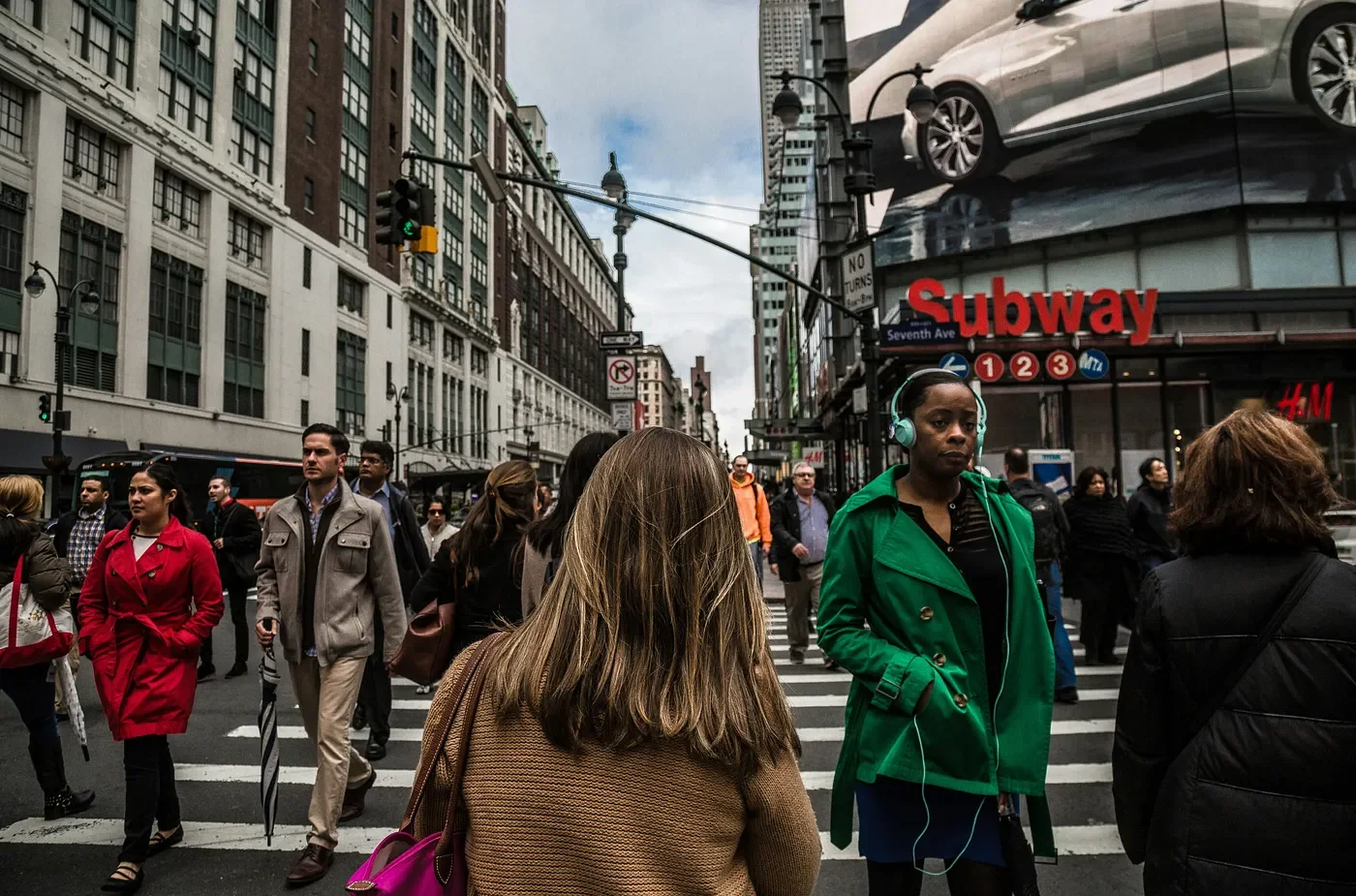The Differently-Distributed Future
(A selection from Future Here Now — your weekly guide to the changing world of work, business, and community)
We’re standing at the edge of a massive shift — one that’s reshaping how we work, do business, and build communities.
For decades, we operated on an Industrial Era mindset — long supply chains, predictable markets, fixed systems. But that world is disappearing.
Today’s landscape is volatile, interconnected, and increasingly local — what some call “the end of globalization.”
That may be an oversimplification, but here’s the essence:
🧭 We’re sourcing more people, products, and partners locally — while simultaneously exchanging ideas and knowledge globally faster than ever before.
A contradiction? Absolutely. But that’s the new normal — and thriving in it requires a different mindset.
It’s All Volatile
In The Guide to Surviving the Fusion Era (📘 get your copy!), I talk about the VUCA world — Volatile, Uncertain, Complex, and Ambiguous.
We once assumed stability. Businesses were built on predictability:
🏭 Long, complex supply chains
📅 Annual sales cycles
📣 Marketing patterns that repeated every year
That model doesn’t fit anymore.
From climate disasters to social media disruptions, volatility is the only constant. Yet many organizations still plan as if the world hasn’t changed — because it’s hard to imagine doing things differently.
Interdependence: The Ecosystem Economy
The Industrial Era taught us to outsource everything we didn’t “have” to do ourselves. Payroll, IT, production, real estate — all handed off to someone else.
That created flexibility… but also deep interdependence.
Now, your success depends on a vast web of suppliers, contractors, and partners.
A glitch in any part of that system — a supplier fire, an IT failure, a vendor error — and your business feels the shock.
You might say “it’s not my fault,” but you still live with the consequences.
In a networked world, resilience means understanding and managing your ecosystem, not pretending you stand apart from it.
The Primacy of People
Here’s the biggest shift of all: People are no longer cogs in a system.
They’re the system.
Whether you’re making tortillas or managing cybersecurity threats, your success depends on people who can:
💡 Think critically
🤝 Collaborate effectively
🔍 Solve complex problems
And those people are demanding flexibility — not just in where they work, but in how they live.
The smartest employers are listening. Others are resisting — and losing their best talent because of it.
As technology automates routine work, human creativity becomes the irreplaceable advantage.
Yet many organizations still operate as if employees are just there to “carry fender parts.” The mismatch between how people want to work and how systems are built is widening — and it’s costing businesses dearly.
What This Means for the Future
Businesses and communities that thrive in this “differently-distributed” future will:
Plan for uncertainty — Build Plans B, C, and D.
Know their ecosystems — Understand partners, suppliers, and interdependencies.
Empower people — Give them the flexibility, trust, and creative space they need to excel.
The future won’t reward rigidity. It will reward adaptability, empathy, and foresight.
Ready to Go Deeper?
If this resonates with you, you’ll love Future Here Now — my weekly journal that explores how work, business, and communities are transforming.
📰 Subscribe for full access and weekly insights:
👉 wiseeconomy.substack.com
📘 Get your copy of Guide to Surviving the Fusion Era — and learn how to navigate volatility with confidence.
🎤 Interested in bringing these insights to your organization?
Let’s talk about speaking engagements, workshops, or strategy sessions to help your team prepare for the future.
🌱 The future isn’t somewhere we’re going — it’s something we’re creating.
Let’s build it wisely, together.
#FutureHereNow #FutureOfWork #Leadership #BusinessStrategy #Resilience #Innovation #WiseEconomy

